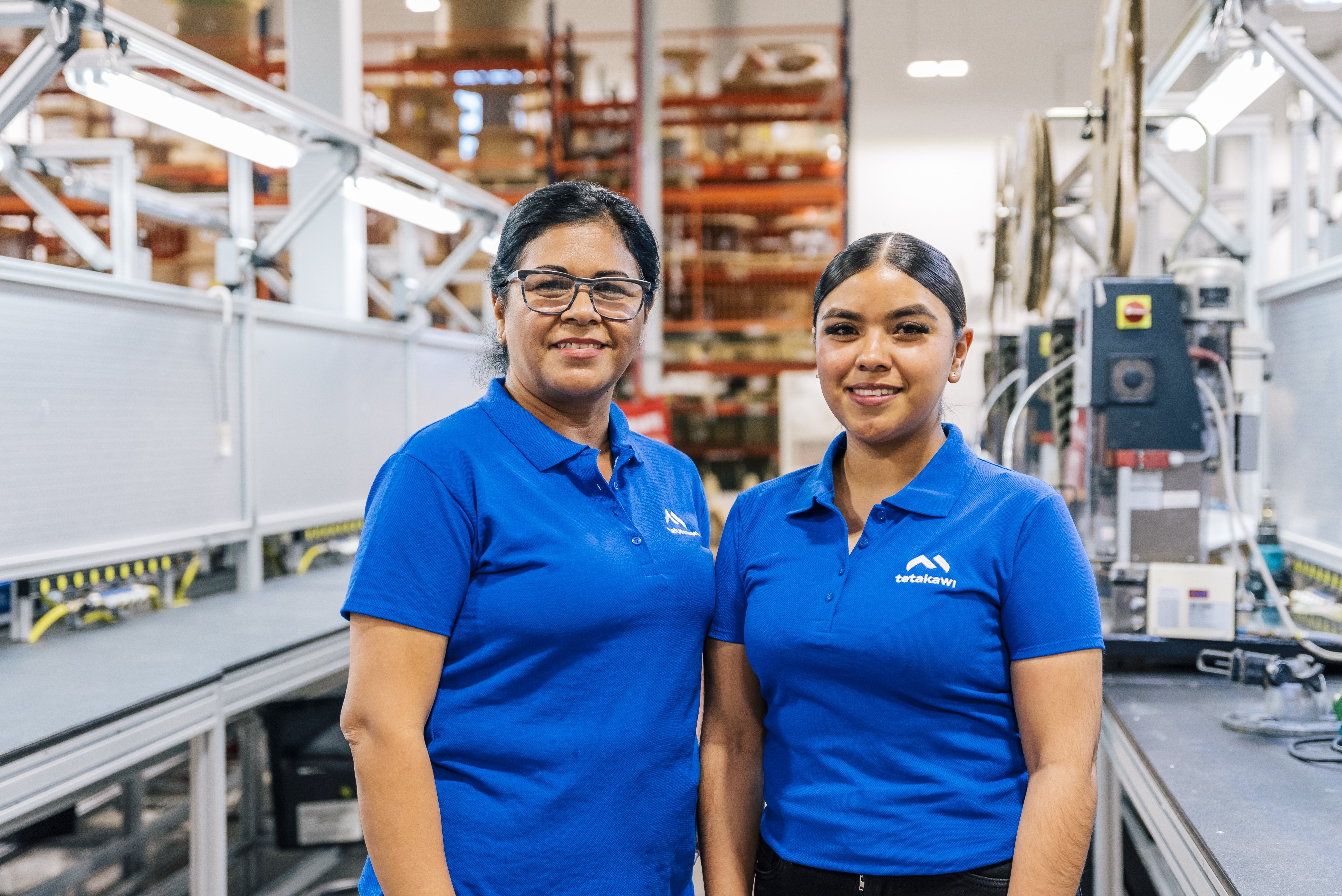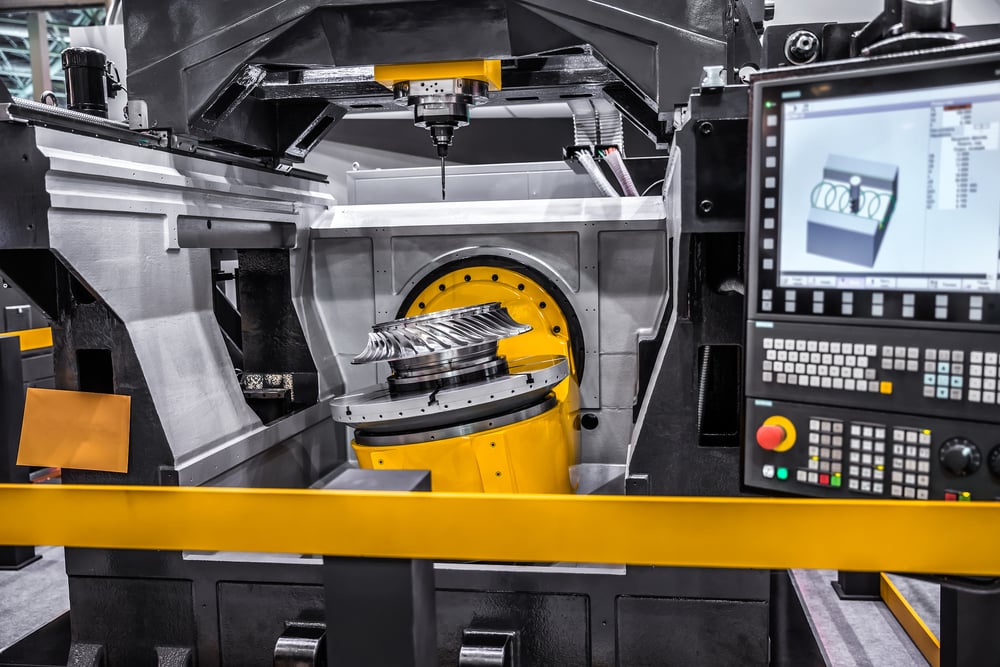When Mexico makes headlines these days it’s usually for rare-but-shocking drug-related violence. Unfortunately, this dark spot has blocked an expanding bright spot that is helping many U.S.-based global manufacturers to stay competitive. A variety of companies have set up plants south of the border and are counting on Mexico’s proximity, cultural similarities, and highly skilled and motivated workforce to fuel growth plans that support domestic job security.
Foreign direct investment in Mexico rose 9.7 percent in 2011 compared with 2010 to reach $19.44 billion. After a 5.5 percent growth rate in 2011, the Mexican economy is expected to grow 4.5 percent in 2012. Mexico is still considered a lower-cost option compared with the United States, but increasingly, manufacturers are putting production in Mexico for other competitive advantages that benefit the entire company, including U.S. operations.
One such company is Atlanta-based Whitepath Fab Tech, a contract manufacturer for wiring and wiring harnesses, control plan assembly, custom insert molding, and value-added assembly . The company employs 70 people at its Saltillo plant, which primarily serves one Mexico-based client but also enables it to be a global player in the electronics assembly marketplace. The company’s other three plants are based in Georgia.
“The Mexico plant gives us flexibility,” said Randy Durden, chief executive office of Whitepath. “If we really needed to get a low-cost volume to someone because we know they aren’t going to pay the U.S. price, it helps to have that option. Plus, we have an international presence. We are not just some small shop from Georgia.”
Whitepath has its own plant in Saltillo, Coahuila, but is a client of The Offshore Group, a shelter-services company in Mexico. The Offshore Group runs two industrial parks in addition to Saltillo, at Guaymas and Empalme, Sonora, and has initiated service to manufacturers in Guadalajara, Jalisco.
Fundamentally, the shelter model mimics outsourcing, but the manufacturer maintains control of critical functions, such as production processes, engineering and quality control, in addition to strategy planning, hiring decisions and product-specific parts-and-materials-procurement. The shelter company handles the administrative side of setting up and maintaining a plant: permitting and regulation, the importing and set-up of production machinery, utilities relationships, and even recruitment of labor both direct and indirect.
“They take care of all the headaches and hassles,” Durden said. “Just being able to focus on transitioning the product has been huge instead of worrying about paperwork, hiring, working with the local government, water, power, Internet service. We wouldn’t have known where to start without them.”
Beyond economies-of-scale cost savings, the biggest benefits of a shelter model are that manufacturers can launch production much faster; the entire process of setting up a foreign site is simplified and handled by experts; and the producer can devote resources to core competencies and serving customers.
“All of our conversations with our Mexico team are about making deliveries, about quality, about production schedules,” Durden said. “I don’t know that we have ever had a conversation about paperwork, or notifying local authorities about something like putting in a driveway. We just let The Offshore Group take care of it.”
The Saltillo plant accounts for about 10 percent of Whitepath’s business, and business in general is expanding, Durden said. Here again, the shelter company in Mexico model has been beneficial.
“If we need to add people very quickly, they have the resources that enable us to do that. You don’t have to go through the process of finding and screening them. As a matter of fact, we called them today and said we need five new people Monday. We’ll have five candidates there Monday.
For companies looking for a shelter partner, a crucial differentiator can be workforce support. Whether the employees work for the client company or the shelter company, there should be a strong training-and-education offering from the shelter company. Manufacturers need an abundance of skilled workers in order to build long-term viability, and such workers are going to be in higher demand and shorter supply in the developed world in the near future.
According to Armando Lee, general manager for The Offshore Group’s Mexican subsidiary, Maquilas Tetakawi, S.A. de C.V., the company created a manufacturing-technology training center, where it can train on a variety of skills such as CNC machining, plastic injection, metrology, lean manufacturing and Six Sigma. Open courses are offered for client employees and customized training is developed as requested by clients. In most cases, the state government provides financial support.
Another initiative started in 2010 and offers teenagers attending public technical schools the opportunity to apprentice at client companies. The program runs for two years and includes four days of hands-on education at a manufacturing site each week and one day of classroom instruction. About 100 students are enrolled, and indications are that the program will be highly successful. Already, one company has offered a scholarship to study engineering to one of the students.
Subscribe
Sign up and stay informed with tips, updates, and best practices for manufacturing in Mexico.





